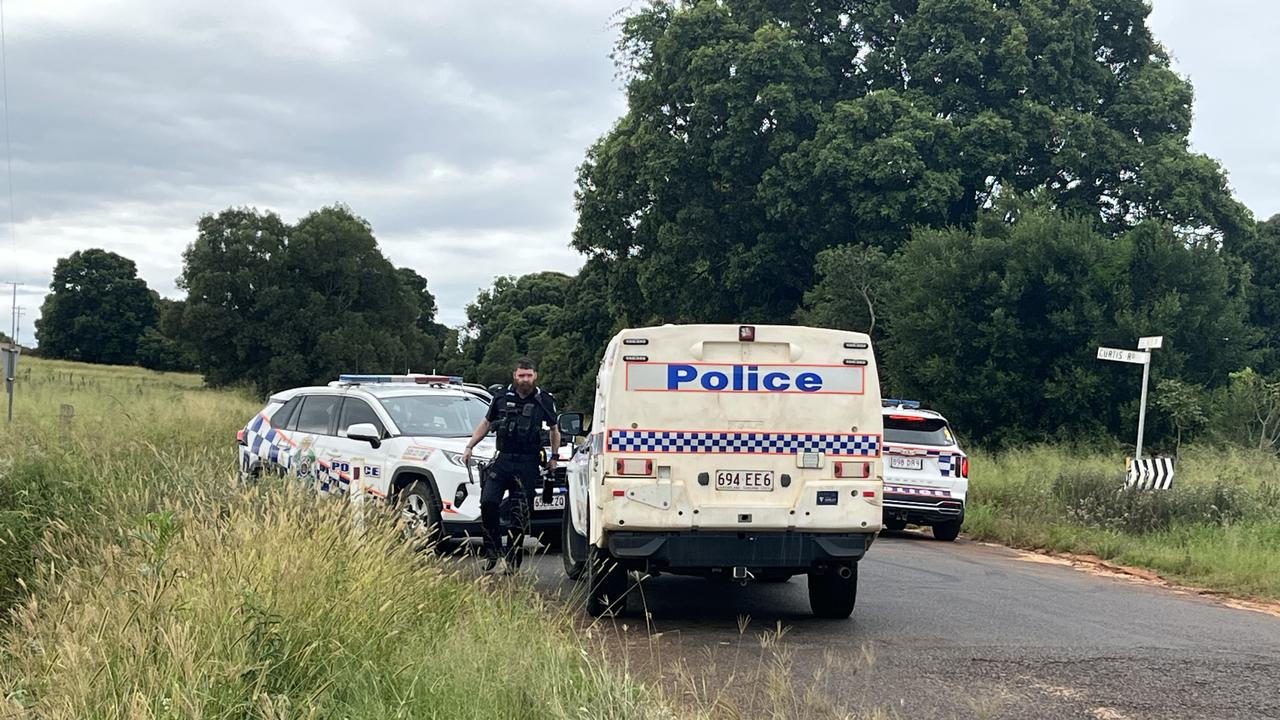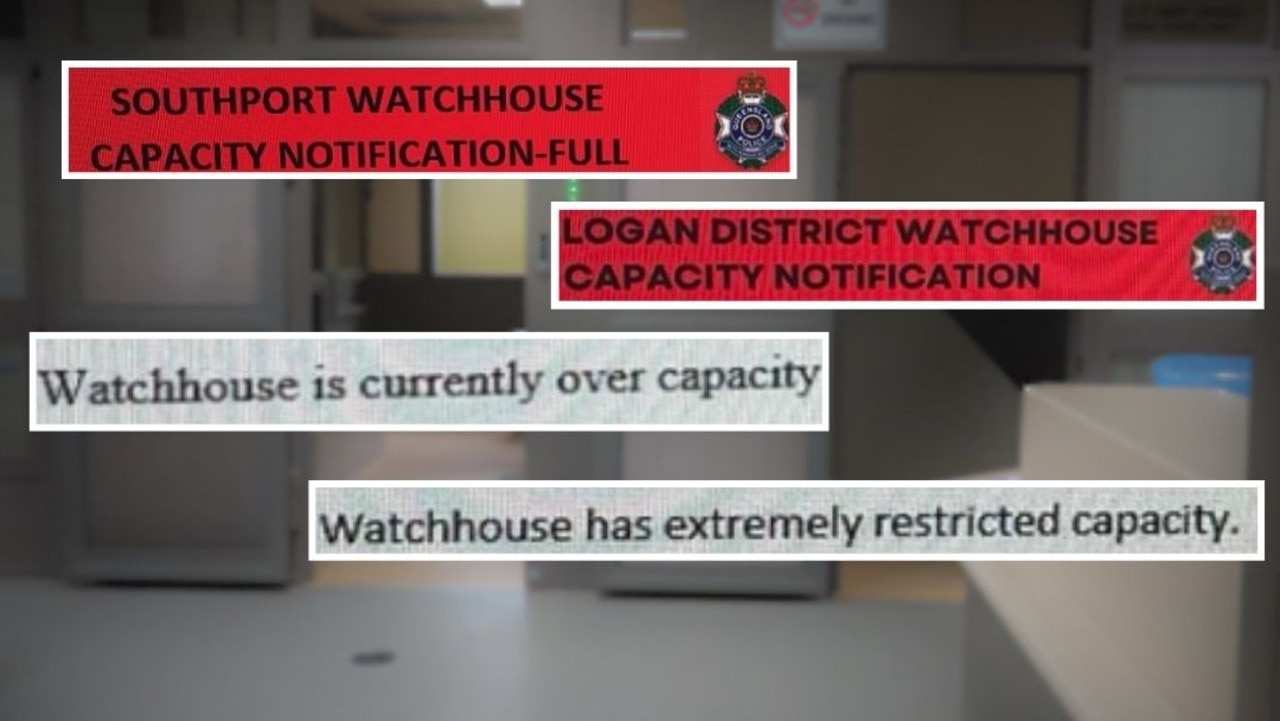Whitsunday grower shares how to best tackle plastic waste issue
A Queensland grower says using biodegradable products on more farms could efficiently tackle the state’s plastic issues without costing industry members. Find out how
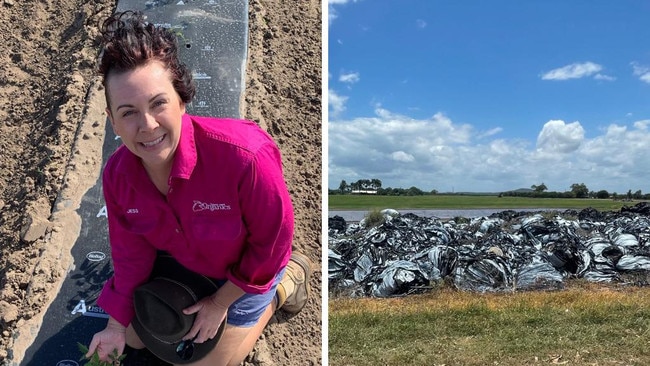
Regional News
Don't miss out on the headlines from Regional News. Followed categories will be added to My News.
A Whitsundays grower has talked about her decision to use biodegradable products on her farm, saying industry members considered to overcome their “resistance to change”, they could more efficiently tackle the region’s plastic problem.
Owner of Bowen-based farm Lower Don Organics Jessica Volker uses a relatively new product that is biodegradable mulch to lay on her property before planting her crop, which she says is an alternative to using plastic.
Ms Volker said using plastic on her farm was “never an option”, but that growers that are not as environmentally-inclined as her could benefit from switching.
Using biodegradable mulch currently costs double the price of plastic mulch, which is about $480 per ton, but choosing the alternative would mean not having to deal with plastic waste as the mulch would instead biodegrade in the environment.
Ms Volker said she believed once growers consider the additional costs of extra labour to remove the plastic after use and the cost of picking up the waste to send it to the tip, they would find final costs to be “on par”.
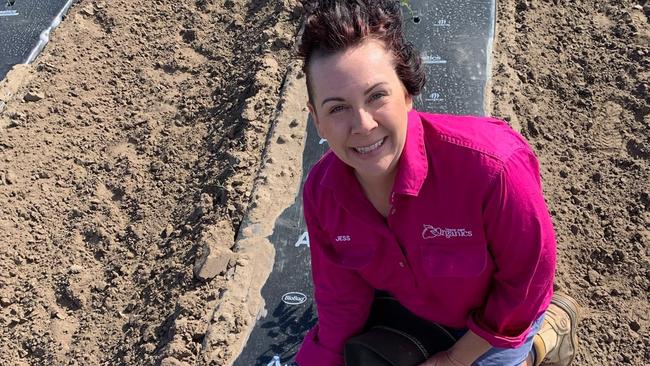
Ms Volker, who is also an agronomist at Bowen-based Koorelah farm said they had switched to using biodegradable mulch five years ago and were “very happy” with the results.
Plastic mounds in the ocean
Ms Volker said growers have to pay $250 per ton to dump plastic mulch film, with the additional pick up fee of $100 which means the choice is often to just leave plastic on their properties which creates plastic mounds.
“We have this massive issue where we don’t know how to get rid of the plastic,” Ms Volker said.
“So growers are either storing it on (their) farm, burying it, which I imagine is illegal, or burning it which is definitely illegal.
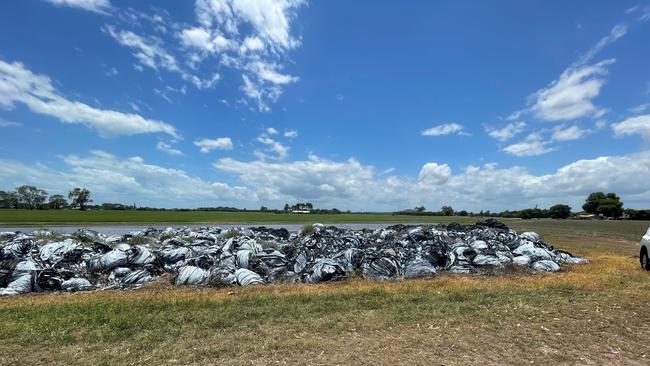
“Our biggest worry is that, … if we get a huge flood, those mounds could get picked up and moved offsite, (they) could get into the river, could get out on the reef in the ocean.
“It’s really concerning.”
Bowen Gumlu Growers Association CEO Ry Collins said they encourage growers to use biodegradable products when “suitable”, but that it does not fit every situation.
Cost barrier and change in operations
One of the main barriers for growers to switch to the product is first the price, but also the fact that it would change the way big farms operate.
It is not possible to lay biodegradable mulch a long time before planting because the product would have already broken down, which means growers would need to lay their mulch only a few weeks prior to planting.
Ms Volker said some growers were already laying their plastic mulch now for next year’s season as it is “more convenient”.
“People want to keep doing the way they’ve always done it,” she said.
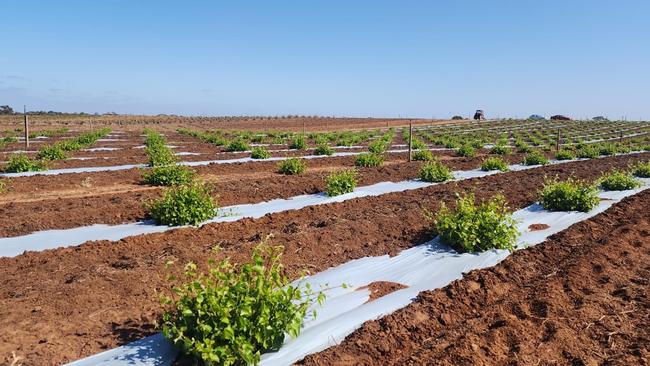
Mr Collins said getting growers to accept paying more for that product was a “challenging discussion” and that if a price parity was reached, it would encourage more growers to switch.
“We’re coming out of the season now where most growers haven’t really made money, the cost of production is generally been higher than what the return on the product that they’ve gotten,” Mr Collins said.
“It’s sort of then asking them to pay more for something on top of it.”
A gap in accessing recycling infrastructure
Mr Collins said the region produced around 500 to 600 tons of plastic waste from mulch film and 400 to 500 tons of waste trickle tape per season.
He said growers were not considering to pay for a service to come and pick up waste from their property and just be dumped somewhere else, but that it is difficult to find an alternative to landfill as there are no recycling facilities available in regional Queensland.
“The discussion around this issue is that growers when they buy or use a product for their farm, then they should be responsible for it, which is fair enough, but growers are paying plenty in taxes and don’t have access to proper recycling facilities,” he said adding that the closest recycling facility available to them was in Brisbane.
“For a grower to pay them $250 per ton to stick it into the ground is not a great solution.”



